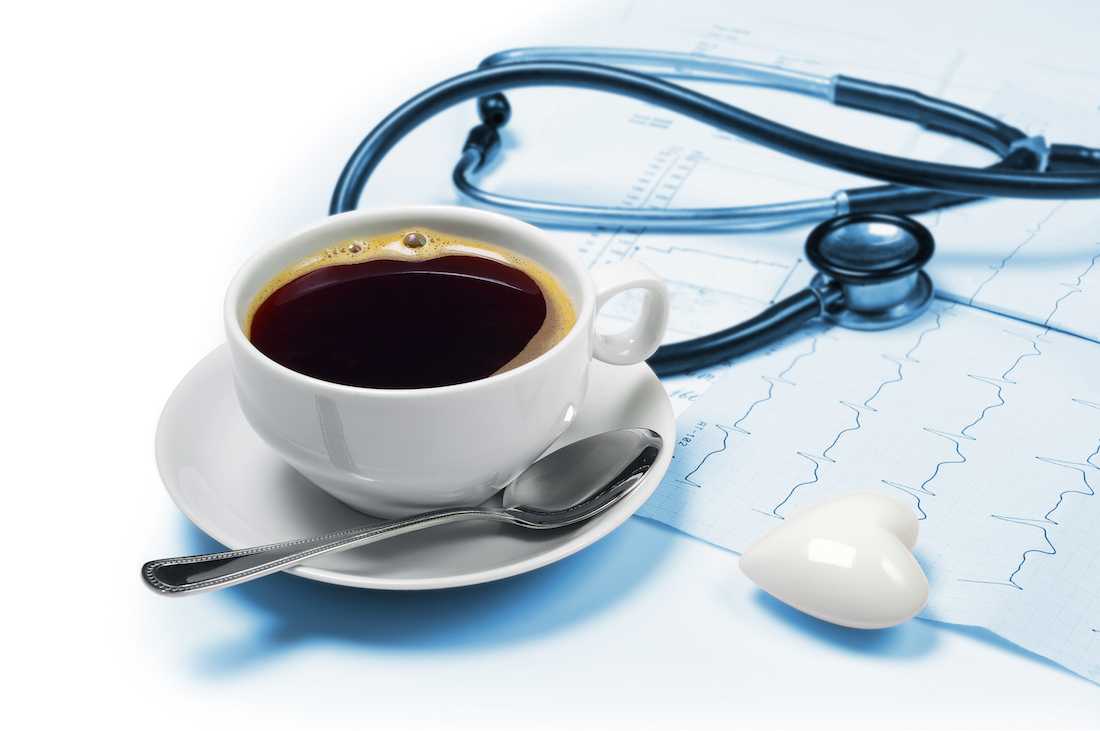Results of studies which suggest that drinking coffee may reduce the risk of multiple sclerosis (MS) development were presented during the 67th annual symposium of the American Academy of Neurology in Washington.
It is estimated that MS affect more than 2.3 million of the world’s population. It is a chronic autoimmune disease in which the inflammatory cells lead to the destruction of myelin and axons of nerve cells. It mainly damages the structure of the brain, spinal cord and optic nerve.
It is believed that this is the most common cause of neurological disability among young people. Symptoms of the disease are very diverse. The most common first symptoms are: impaired balance and walking, tremor, paresthesia, diplopia, loss of sight, pains of eyeball and fatigue.
Last study showed that drinking coffee may have an influence on reducing the risk of multiple sclerosis development. Dr. Ellen Mowry and her coworkers from Johns Hopkins University School of Medicine in Baltimore conducted 2 separate research. They looked for association between the MS prevalence and drinking coffee.
The first study focused on the Swedish population. 1629 respondents suffered from MS. The control group consisted of 2,807 healthy people. The second analysis on 584 people with MS and 581 healthy people was conducted in the United States.
In both cases researchers took into consideration the amount of coffee consumed during one year and five years prior the first symptoms of MS. Additionally, researches paid attention to the amount of drunk coffee for 10 years before symptoms had occurred in Swedish group.
In the United States in a group who regularly drank 4 or more cups of coffee per day the number of MS cases was lower by 1/3 compared to those who avoided the beverage. In Swedish group the relationship was similar, but with at least six cups of coffee per day.
The important thing is that the typical cups in Sweden are smaller than in the United States. The researchers explained that this effect may be connected with the neuroprotective effects of caffeine which suppresses pro-inflammatory cytokines.
To sum up, Nicholas LaRocca, who is a member of The National Multiple Sclerosis Society, said that despite promising results we can not jump to conclusions on the basis of one analysis and the relationship requires more study.
Dr. Mowry announced that further analysis concerning the relationship between drinking coffee, the severity of symptoms and the frequency of relapses in patients with MS will be conducted.
Written by: Katarzyna Gałaszkiewicz, Klaudia Zyzak, Agata Zwierz
Source:
1. Compston,A. i Coles,A. (2002) Multiple Sclerosis. The Lancet, 359, 1221-31.
2. Polman, C. H. et al. (2005) Diagnostic criteria for multiple sclerosis: 2005 revisions to the ‘McDonald Criteria’. Annals of Neurology 58(6), 840-6.
3. Miller, D. H. i Leary, S. M. (2007) Primary-progressive multiple sclerosis. The Lancet Neurology, 6, 903-12.
4. Ellen Mowry, M.D., assistant professor, neurology, Johns Hopkins University School of Medicine, Baltimore; Nicholas G. LaRocca, Ph.D., vice president, health care delivery and policy research, National Multiple Sclerosis Society, New York City; Feb. 26, 2015, news release, American Academy of Neurology


















